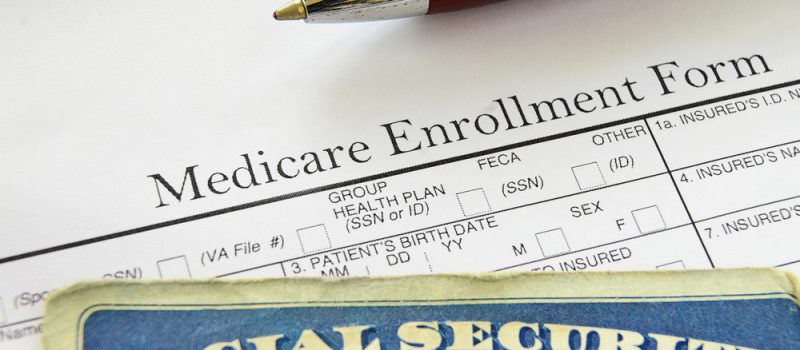Tucked in the federal spending bill that passed at the end of December 2020 are some changes aimed at simplifying Medicare enrollment and addressing coverage gaps. But Congress chose not to deal with the biggest problem.
Currently, Medicare enrollment begins three months before the month of your 65th birthday and continues for three months after your birthday month (for a total of seven months). Medicare Part A has no premiums, but if you do not enroll in Medicare Part B or Medicare Part D (prescription drug coverage) during the initial enrollment period, you will face penalties (with exceptions; read on). For example, your Medicare Part B premium may go up 10 percent for each 12-month period that you could have had Medicare Part B, but did not take it. (You can delay signing up for Part B and Part D without penalty for a number of reasons, including if you have valid coverage through an employer with 20 or more employees that you still work for, or, in the case of Part D, you have private insurance that is at least as good as Medicare’s. Check with your employer or insurer to find out whether you can safely delay enrolling.)
In addition, if you fail to enroll during the seven-month initial enrollment period, you will have to wait for the general enrollment period, which usually runs between January 1 and March 31 of each year. If you enroll during the general enrollment period, your coverage does not start until July 1. This means that you may have to wait up to seven months before you can get Medicare coverage. And, to make matters even more confusing, the general enrollment period for Part B is different from the enrollment period for Part D and Medicare Advantage plans.
Congress has now taken a stab at ending these coverage gaps and clearing up some of the confusion. Under the new law, starting in 2023, whether you enroll during your initial enrollment period or you enroll during the general enrollment period, Medicare coverage will begin the month after enrollment. The law also allows Medicare to make exceptions for people who delay enrollment because of an “exceptional circumstance,” such as a natural disaster. Finally, the new law directs the federal government to align the Medicare Part B, Medicare Advantage, Medicare Part D enrollment periods by 2023.
While these changes will help eliminate coverage gaps, there are still problems. As tax and retirement policy expert Howard Gleckman points out, Medicare beneficiaries often miss the initial enrollment period because they are not aware of it. An earlier version of the law would have required the Social Security Administration to send notifications to individuals who are turning 65 to alert them of their eligibility for Medicare, but that provision was dropped from the final version.


